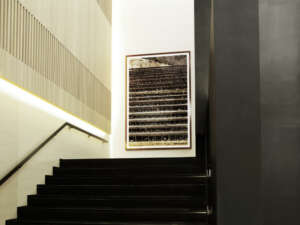
Fukuyama
Andreas Gursky, 2004
Information
Fukuyama is a large-format, digitally processed photograph (C-print) created in 2004. It’s characterized by absolute clarity and an impressive depth of field, which are key elements of the artist’s work. The piece depicts a farm with cows, which Gursky captures with absolute geometric precision. Its dimensions (305.4 × 207 cm) give it a powerful physical presence, which is intensified by its horizontal composition and the precision of the lens. The work belongs to the Chandris Collection.
Artistic Context
Andreas Gursky (b. 1955) is considered one of the most important contemporary photographers internationally. He transformed photography into a medium for philosophical and sociological contemplation. Using large-format cameras and digital processing, he creates high-resolution works that comment on the immense, impersonal structures of modern society.
In Fukuyama, Gursky explores the mass organization of modern life, focusing on food production. The image of the farm, with the cows standing in repetitive, strictly structured rows, serves as a commentary on the standardization and impersonal nature of mass production. The title itself, which alludes to the philosopher Francis Fukuyama and his theory of the “End of History,” can be interpreted as an ironic observation. Gursky suggests that the “End of History” isn’t a political utopia, but the uniform and organized, almost sterilized, reality of the modern global economy.
Placement & Dynamics at The Met Hotel
Fukuyama is part of The Met Hotel’s permanent visual identity. The work’s geometry dialogues with the hotel’s architectural structure, creating a harmonious whole. Located on the stairs leading to the hotel’s conference area, it reinforces the hotel’s urban and modernist style, connecting art with the experience of the stay.
Why It’s Worth Your Attention
- Visual Precision: A work with flawless technique and absolute control of composition—a prime example of the Gursky school.
- Philosophical Underpinning: A photograph of a pastoral subject is elevated into a profound commentary on the organization and scale of modern global production.
- Contemporary Semiology: It is one of the most emblematic works of contemporary photography, inviting the viewer to question the way they live.

